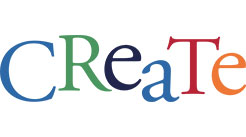Publications
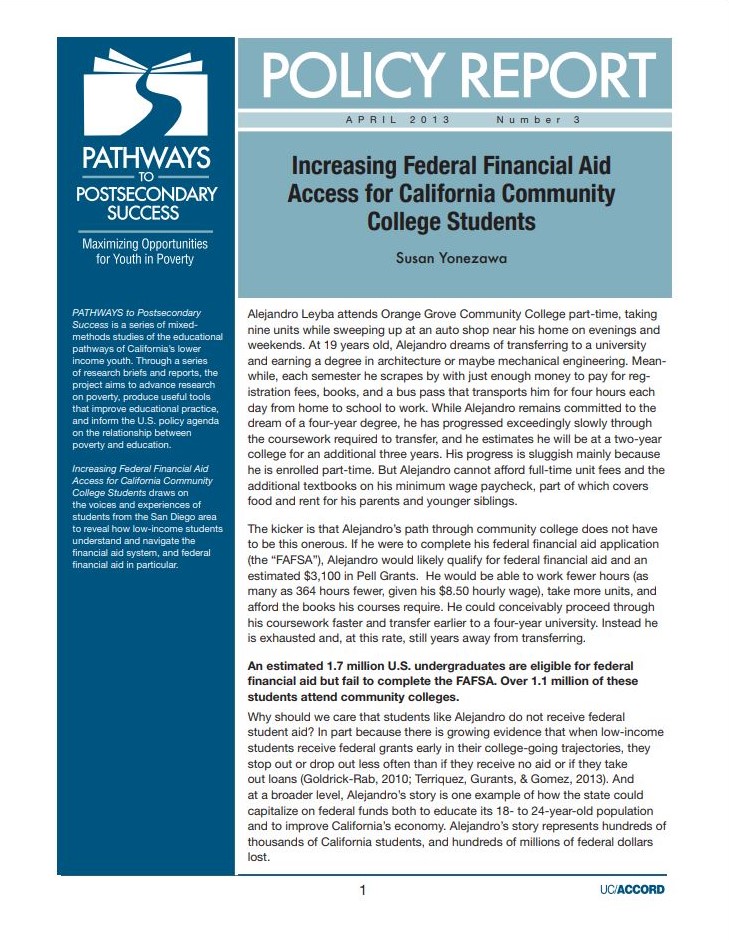
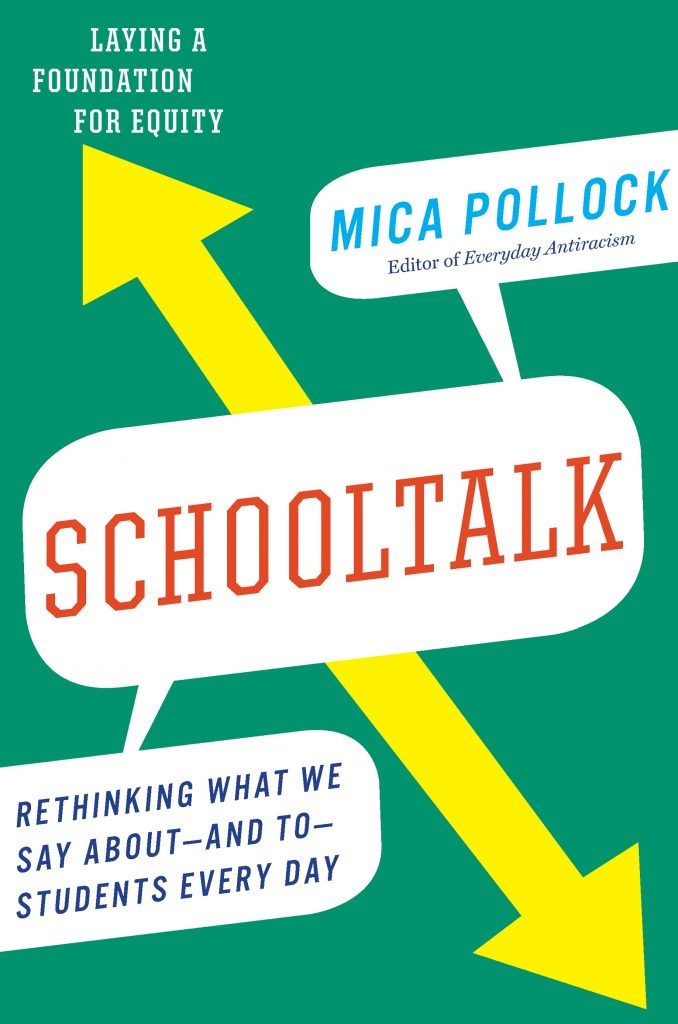
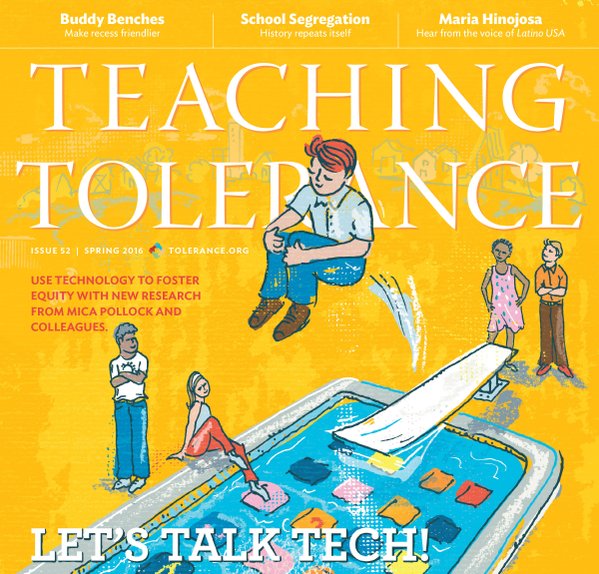
Our Latest Publication
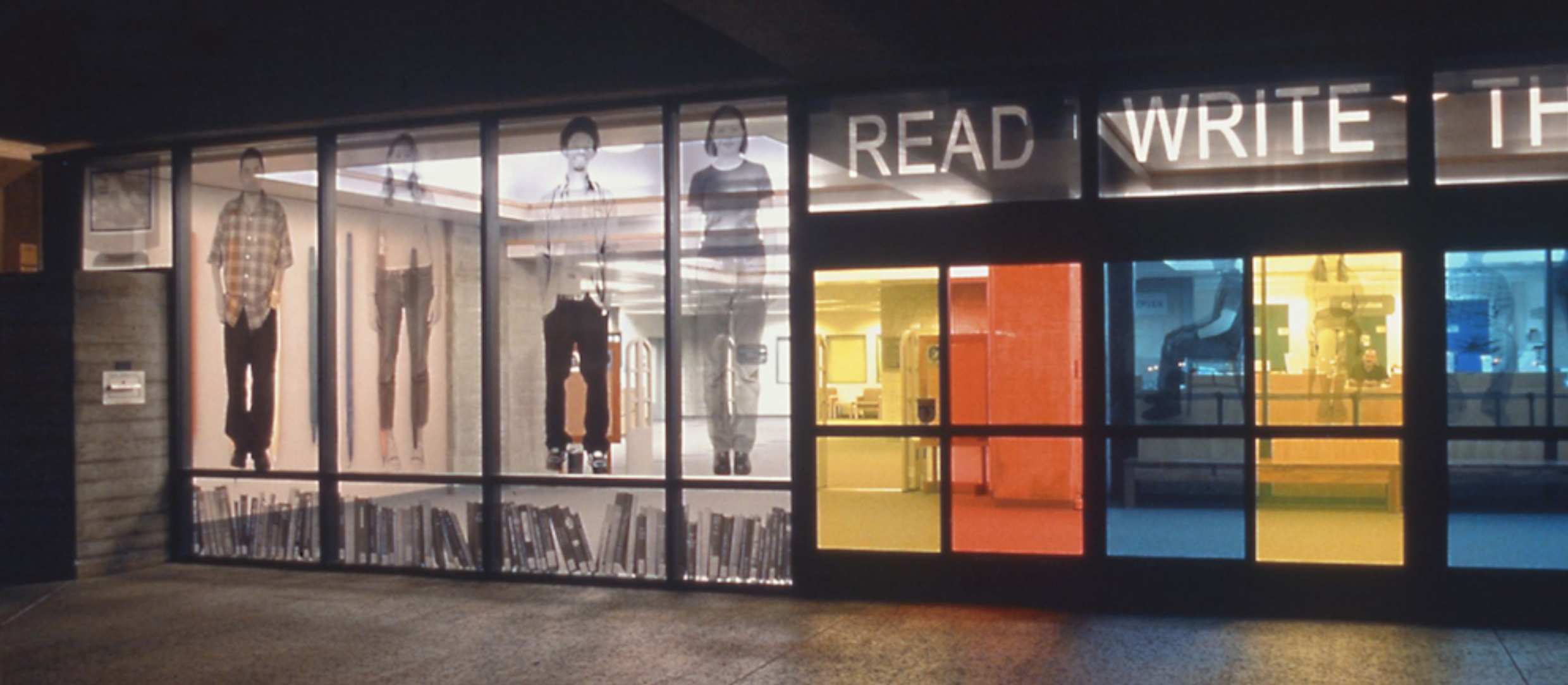
Leveraging a University for K-12 Opportunities
This article shares our university center’s efforts to act as a boundary spanner supporting colleagues across our university to contribute collectively to more equitable educational opportunities for local K–12 students and their teachers.
Leveraging a University to Create K20 Local Opportunities to Learn
Pollock, M., Yonezawa, S., Sweet, M., Renner, N., Mai, M., & Vasquez, A. “Beto”. (2024). Leveraging a University to Create Local Equity-Oriented K–12 Learning Opportunities: A Conversation Starter (PDF). Educational Researcher, 0(0). https://doi.org/10.3102/0013189X241227887
Supporting Student Development in Diverse School Communities
Yonezawa, S., Mai, M., Simon, B., & Rogers, Jr., K.. (2021.) CS-LISTEN: Students as Active Changemakers in RPPs. RPPs and BPC in CS education: A culmination of papers from the RPPforCS Community [White paper]. Retrieved from https://doi.org/10.13140/RG.2.2.25327.97443
Mai, M. & Simon, E. (2020). “Commentary: Why prioritizing computer science education is critical to California’s future.” The San Diego Tribune.
Pollock, M., Yonezawa, S., Gay, H., & Rodriguez L. (2019). Pursuing deep equity in ‘blended’ classrooms: Exploring the in-person teacher role in supporting low-income youth through computer-based learning.” Teachers College Record. 121(5),1-40.
Broton, K., Weaver, K., & Mai, M. (2018). Hunger in higher education: experiences and correlates of food insecurity among Wisconsin undergraduates from low-income families. Social Sciences, 7(10), 179.
Mai, M., Poppe, A. & Greenhow, C. (2016). Social media and education on a massive scale: The Case of MOOCs. In C. Greenhow, J. Sonnevend, & C. Agur (Eds.), Education and Social Media: Toward a Digital Future. MIT Press, Digital Media & Learning Series.
Yonezawa, S. (2017). "Price Scholarship Program Executive Summary." CREATE.
Pollock, M. (July 28, 2017). "How to think critically about Trump's speech to your jamboree."The Washington Post.
Pollock, M. (2017).
Carter, P. L., Skiba, R., Arredondo, M. I., & Pollock, M. (2017). You can’t fix what you don’t look at: Acknowledging race in addressing racial discipline disparities. Urban Education, 52(2), 207-235.
Pollock, M. (November 6, 2016). “The Frightening Effect of ‘Trump Talk’ on America’s Schools.” The Washington Post.
Gregory, A., Bell, J. & Pollock, M. (2016). “How Educators Can Eradicate Disparities in School Discipline.” In Disparate Opportunity: Understanding and Addressing Inequality in School Discipline, edited by Russell Skiba, Kavitha Mediratta and Karega Rausch. Palgrave/MacMillan.
Pollock, M. (2016). “Why We Segregate: A Review of Confronting Suburban School Resegregation in California by Clayton A. Hurd.” American Anthropologist.
Yonezawa, S., Renner, N., Sweet, M., Simon, B. & Baxter, D. (December 2015). CS-CaVE: Districts' Roles in Broadening CS Access; ACM Inroads, Number 4.
Pollock, M. and Tanya Coke, T. “Race and Overreaction: On the Streets and In Schools.” The Atlantic, Feb. 2, 2015. http://www.theatlantic.com/education/archive/2015/02/race-and-overreaction-on-the-streets-and-in-schools/385076/
Yonezawa, S. (2015). Student Voice and the Common Core (PDF); Teachers College Record, Student Voice in American Education Policy, NSSE Yearbook, The 114th Yearbook, Issue 1, p. 39-51.
Gregory, A., Bell, J. & Pollock, M. (2014). How Educators Can Eradicate Disparities in School Discipline: A Briefing Paper on School-Based Interventions. (Discipline Disparities Series: Interventions March 2014) Discipline Disparities Research to Practice Collaborative supported by the Atlantic Philanthropies and the Open Society Foundation.
Pollock, M., Yonezawa, S., Gay, H., Rodriguez, L., Garcia, A., & Qassimyar, M: Center for Research on Educational Equity, Assessment and Teaching Excellence (CREATE); Gilkison, T., Hernandez, R., and the Early Academic Outreach Program (EAOP), University of California San Diego. (March 2014). Innovating toward Equity with Online Courses: Testing the Optimal “Blend” of In-Person Human Supports with Low-income Youth and Teachers in California. CREATE Equity Research Report 1.
Gianzero, G. and Lee, P. (2013). Summer Readers - Future Leaders: Diamond Educational Excellence Partnership Summer Learning Program.
Pollock, M. (August 1, 2013). “Fear and Rewriting Trayvon: Educator Thoughts.” Teaching Tolerance.
Mcclure, L., Yonezawa, S. & Jones, M. (2012). Personalization and Student-Centered Learning. Students at the Center: Teaching and Learning in the Era of the Common Core. Boston, MA: Jobs for the Future.
Pollock, M. (2013). It Takes a Network to Raise a Child: Improving the Communication Infrastructure of Public Education to Enable Community Cooperation in Young People’s Success. Teachers College Record Volume 115 Number 7.
Mcclure, L., Yonezawa, S. & Jones, M. (2010). Personalization & Caring Relationships with Adults in Urban High Schools: Is There a Relationship with Academic Achievement?
Mcclure, L., Yonezawa, S. & Jones, M. (2010). Can school structures improve teacher-student relationships? The relationship between advisory programs, personalization and students’ academic achievement. Education Policy Analysis Archives, 18(17), 1-21.
Pollock, M. and Amaechi, U. (2013). Texting as a Channel for Personalized Youth Support: Participatory Design Research by City Youth and Teachers. Learning, Media, and Technology.
Pollock, M. (2008). Because of Race: How Americans Debate Harm and Opportunity in Our Schools. Princeton, NJ: Princeton University Press. (An ethnographic analysis of debates over educational opportunity in the U.S. Department of Education’s Office for Civil Rights, 1999-2001. Explores everyday debates between parents, educators, and federal employees over defining and achieving equal educational opportunity for students of color.)
Pollock, M (2006). Toward Everyday Justice: On Demanding Equal Educational Opportunity in the New Civil Rights Era. Ohio State Law Review.
Pollock, M (2006). Everyday Antiracism in Education. Anthropology News, 47 (2), February: 9-10, 2006. (“Rethinking Race and Human Variation” series, public education project, American Anthropological Association.)
Pollock, M (2005). Keeping On Keeping On: OCR and Complaints of Racial Discrimination 50 Years after Brown. Teachers College Record, 107 (9), September 2005: 2106-2140.
Pollock, M (2005). Keeping On Keeping On: OCR and Complaints of Racial Discrimination 50 Years after Brown. Teachers College Record, 107 (9), September 2005: 2106-2140.
Pollock, M. (2004) Colormute: Race Talk Dilemmas in an American School. Princeton, NJ: Princeton University Press. (Recipient of the American Educational Research Association’s Outstanding Book Award, 2005, and the American Educational Studies Association Critics’ Choice Book Award, 2005. Explores the everyday consequences of talking and not talking in racial terms about people, programs, policies, practices, and patterns in schools and districts.)
Pollock, M. (2004). Race Bending: ‘Mixed’ Youth Practicing Strategic Racialization in California. Anthropology and Education Quarterly, 35 (1),: 30-52.
Vázquez, O. (2003). La Clase Mágica: Imagining Optimal Possibilities in a Bilingual Community of Learners.
Pollock, M (2001). How the Question We Ask Most about Race in Education is the Very Question We Most Suppress. Educational Researcher, 30 (9), December 2001: 2-12.
Cline, Z., Necochea, J., & Brown, J. H. (Eds.) (1999). Advances in Confluent Education: Multicultural dynamics of educational change (Vol. 2), Joel H. Brown, Series Editor. Greenwich: JAI Press.
Brown, J. H. (1999). The multicultural dynamics of educational change. In Z. Cline, J. Necochea & J. H. Brown (Eds.), Advances in Confluent Education: The multicultural dynamics of educational change (Vol. 2, pp. 169-189). Greenwich: JAI Press.
Brown, J. H. (1996). Getting to know our youth again: An analysis of risk and resilience research (Internal Report). Washington DC: National Center for the Advancement of Prevention (NCAP), Center for Substance Abuse Prevention (CSAP).
Supporting Teacher Development and Systemic Improvement in Diverse School Communities
Rodway, J., Macgregor, S., Daly, A., Liou, Y.H., Yonezawa, S., & Pollock, M. (2021). A network case of knowledge brokering. Journal of Professional Capital and Community, DOI: 10.1108/JPCC-11-2020-0089
Greenhow, C., Li, J., & Mai, M. (2019). From tweeting to meeting: Expansive professional learning and the academic conference backchannel. British Journal of Educational Technology.
Pollock, M. (forthcoming, 2017). “Three Challenges for Teachers in the Era of Trump.” Educational Studies.
Pollock, M. (December 9, 2016). “Three Challenges for Teachers in the Era of Trump,” The Washington Post.
Pollock, M. (December 9, 2016). “Smart Tech Use for Equity.” Teaching Tolerance (featured on front cover).
Pollock, M., Bocala, C., Deckman, S. & Dickstein, S. (2015). “Caricature and Hyperbole in Preservice Teacher Professional Development for Diversity.” Urban Education: 1-30.
Yonezawa, S., Renner, N., Sweet, M., Simon, B. & Baxter, D. (2015). CS-CaVE: Districts' roles in broadening CS access. Association for Computing Machinery ACM-Inroads, 6(4), 80-83.
Pollock, M. (2012). Some Myths about Race that Every Educator Needs to Unlearn. In RACE: Are We So Different? (Companion volume to the American Anthropological Association’s museum exhibition and interactive website [www.understandingRACE.org.]) Wiley-Blackwell.
Brown, J.H., Clarey, A. (2012). The social psychology of disintegrative shaming in education. Journal of Drug Education, 42(2), 229-253.
Pollock, M. (2011). Antiracist Educator Training. In Encyclopedia of Diversity in Education, ed. James Banks. Sage Publications.
Yonezawa, S., Jones M. & Robb Singer, N.R. (2011). Teacher resilience in urban schools: The importance of technical knowledge, professional community and leadership opportunities. Urban Education, Vol.46, No. 5, pp. 913-931.
Brown, J. H., Jean-Marie, G., & Beck, J. E. (2010). Resilience and risk competence in schools: Theory/Knowledge and international application in Project REBOUND. Journal of Drug Education, 40(4), 331-359.
Pollock, M., Deckman, S., Mira, M., & Shalaby, C. (2010). “But What Can I Do?” Three Necessary Tensions in Teaching Teachers about Race. Journal of Teacher Education.
Pollock, M. (2010). Engaging Race Issues with Colleagues: Strengthening Our Professional Communities Through Inquiry. Massachusetts Association for Supervision and Curriculum Development, Perspectives.
Pollock, M. (2009). Emphasizing Educators’ Everyday Actions. LeadScape blog, National Institute for Urban School Improvement/National Center for Culturally Responsive Educational Systems.
Pollock, M. (2008). ed. Everyday Antiracism: Getting Real About Race in School. New York: The New Press.
(Recipient of an Outstanding Book Award, Gustavus Myers Center for the Study of Bigotry and Human Rights, 2008. An inquiry tool for teachers, offering 70 experts’ strategies for navigating everyday race issues in classrooms and schools. Designed to support educator dialogue in formal and informal professional development.)
Pollock, M. (2008). Introduction. In Everyday Antiracism: Getting Real about Race in School, ed. Mica Pollock. New York: The New Press.
Pollock, M. (2008). Talking Precisely About Student Needs. In Everyday Antiracism: Getting Real about Race in School, edited by Mica Pollock. New York: The New Press. 2008.
Pollock, M. (2008). No Brain is Racial. In Everyday Antiracism: Getting Real about Race in School, ed. Mica Pollock. New York: The New Press.
Pollock, M. (2008). An Intervention in Progress: Pursuing Precision in School Race Talk. In Toward Positive Youth Development: Transforming Schools and Community Programs, ed. Marybeth Shinn and Hiro Yoshikawa. New York: Oxford University Press. (Winner of the 2010 Social Policy Edited Book Award from the Society for Research on Adolescence)
Brown, J. H., & Brown, D. (January, 2006). Resilient leadership and why “at risk” is at risk. The Education Digest (ED), 71(5), 24-28.
Brown, J. H., & Brown, D. (November, 2005). Why "at-risk" is at risk. American School Board Journal (ASBJ), 192(11), 44-46.
Brown, J. H. (2004). Resilience: Emerging social constructions in educational policy, research and practice. In H. Waxman, Padron, Y.N. & Gray, J.P. (Eds.), Educational resiliency: Student, teacher and school perspectives (pp. 11-36). Greenwich, CT: Information Age.
Brown, J. H. (2001). Systemic reform concerning resilience in education. Association for Educational Communications and Technology (AECT), 45(4), 47-54.
Brown, J. H., D'Emidio-Caston, M., & Benard, B. (2001). Resilience education. Thousand Oaks, CA: Corwin Press/Sage Publications.
Brown, J. H. (Ed.). (1996). Advances in Confluent Education: Integrating consciousness for human change (Vol. 1), Joel H. Brown, Series Editor, Greenwich, CT: JAI Press.
University-Community Partnership in Pipeline Efforts: Supporting a College-Going Culture for All
Quartz, K.H., Weinstein, R.S., Kaufman, G., Levine, H., Mehan, H., Pollock, M., Priselac, J.Z. & Worrell, F.C. (2017). “University-Partnered New School Designs: Fertile Ground for Research–Practice Partnerships.” Educational Researcher, Vol 46, Issue 3, 2017.
CREATE. (July 2016). “The CREATE STEM Success Initiative: Year 3 Report.” The Center for Research on Educational Equity, Assessment, and Teaching Excellence (CREATE), UC San Diego.
CREATE. (July 2015). “The CREATE STEM Success Initiative: Year 2 Report.” The Center for Research on Educational Equity, Assessment, and Teaching Excellence (CREATE), UC San Diego.
Pollock, M. (2014). “From Denial to Creation: Meeting the Opportunity Goals of Title VI Today.” Anthropology News.
Pollock, M., Yonezawa, S. & Edwards, B. “Solving the Math Problem in San Diego Together.” San Diego Union Tribune.
Pollock, M. (2013). “It Takes a Network to Raise a Child: Improving the Communication Infrastructure of Public Education to Enable Community Cooperation in Young People’s Success.” Teachers College Record Volume 115 Number 7, 2013.
Yonezawa, S. (2013). Increasing Federal Financial Aid Access for California Community College Students PATHWAYS to Postsecondary Success.
Mehan, H., Chang, G.C., Jones, M. & Mussey, S.S. (2012). In the Front Door: Building a College-Going Culture of Learning. Boulder CO: Paradigm Press. 2012.
Mehan, H & Jones, M. (2012). Trying to bend the bars of the iron cage: The possibilities and limitations of charter schools as models for successful school reform. In H. Mehan's In College's Front Door: Creating a College Bound Culture of Learning in High Schools. Boulder, CO: Paradigm Publishers.
Mehan, H. & Cheng, G. (2010) Is it wrong for us to want good things? The origins of Gompers Charter Middle School. The Journal of Educational Change 12(1): 47-70.
Mehan, H., Kauffman, G., Lytle, C., Quartz, K.H., & Weinstein, R.S. (2010). Educational Field Stations: A Model For Increasing Diversity and Access In Higher Education. In: Eric Grodsky & Michal Kurlaender (eds.), Equal Opportunity in Higher Education: The Past and Future of Proposition 209. Cambridge: Harvard Education Press.
Yonezawa, S., Mehan, H., & McClure, L. (2008). School climate and student achievement. In T. Timar and J. Maxwell-Jolly (Eds). Connecting the dots and closing the gap. Chapter written for the California Superintendent of Public Schools P-16 Council. Davis, CA: Center for Applied Policy in Education, UC Davis.
Mehan, H. (2006). Whole-School Detracking: A Strategy for Equity and Excellence. 2006.
Mehan, H. and Lytle, C. (2006). Warren Institute Paper. 2006.
Mehan, H., Hubbard, L. & Stein, M.K. When Reforms Travel: The Sequel. Journal of Educational Change. 2006.
Alvarez D., & Mehan, H. (2005). Whole-School Detracking: A Strategy for Equity and Excellence. Theory into Practice 45 (1): 82-89.
Alvarez D., & Mehan, H. (2004). Providing Educational Opportunities for Underrepresented Students. In: Diane Lapp (Ed.), Teaching All The Children. New York: Guilford Publications Inc.
Rosen, L. & Mehan, H. (2003) Reconstructing Equality on New Political Ground: The Politics of Representation in the Charter School Debate at UCSD. American Educational Research Journal 40 (3): 655-682.
Jones, M., Yonezawa, S., Ballesteros, E. & Mehan, H. (2002). Shaping Pathways to Higher Education. Educational Researcher, Volume 31, Number 2, March 2002. 3-17.
Datnow, A., Hubbard, L., & Mehan H. (2002). Extending Educational Reform: From One School to Many. New York: Routledge.
Yonezawa, S., Jones, M. & Mehan, H. (2001). Partners for Preparation: Constructing and Distributing Social and Cultural Capital to Achieve Diversity. In: William G. Tierney & Linda S. Hagedorn (Eds.) Extending Outreach: Strategies for Accessing College. Albany NY: SUNY Press.
Datnow, A., Hubbard, L. & Mehan, H. Educational Reform Implementation: A Co-Constructed Process.
Mehan, H. (1997). Contextual Factors Surrounding Hispanic Dropouts.
Mehan, H., Villanueva, I., Hubbard, L., Lintz, A. & Okamoto, D. (1996). Constructing School Success: The Consequences of Untracking Low Achieving Students.
Methodologies in Educational Research
Pollock, M. (2011). A Companion to the Anthropology of Education. “Companion to Anthropology” series, Wiley-Blackwell Publishing. (A reference volume designed to share the insights of the contemporary “anthropology of education” subfield.)
Pollock, M. (2009). “From Shallow to Deep: Toward a Thorough Cultural Analysis of School Achievement Patterns.” Anthropology and Education Quarterly 39 (4): December, 2008.
Brown, J. H. (2006). Interviewer as instrument: Capitalizing on human factors in evaluation research. Evaluation Review, 20(2), 188-208.
Pollock, M (2005). Civil Rights and Academic Development: Mixed Methods and the Task of Ensuring Educational Equality. In Discovering Successful Pathways in Children's Development: Mixed Methods in the Study of Childhood and Family Life, ed. Thomas S. Weisner. Chicago: University of Chicago Press.
Pollock, M. (2004). Race Wrestling: Struggling Strategically with Race in Educational Practice and Research. American Journal of Education, 111 (1), November 2004: 25-67.\
Horowitz, J., & Brown, J. H. (1996). Confluent education and evaluation research. In J. H. Brown (Ed.), Advances in Confluent Education: Integrating consciousness for human change (Vol. 1, pp. 113-142). Greenwich: JAI Press.
School-Specific Evaluations: The Preuss School UCSD
McClure, L. and Sweet, M. (2015). The Preuss School at UCSD: Academic Performance Classes of 2012 and 2013.
McClure, L. (2013). The Preuss School at UCSD: Academic Performance of the Class of 2011.
Bohren, A. and McClure, L. (2011). The Preuss School at UCSD: Academic Performance of the Class of 2010.
Bohren, A. and McClure, L. (2010). The Preuss School at UCSD: Academic Performance of the Class of 2009.
Strick, B. (2009). College Enrollment and Persistence of Preuss Alumni.
Betts, J.R. and Mehan, H. (2008). The Performance of Preuss School Students in AP Courses and on AP Exams.
McClure L. and Reicher, C. (2008). Preuss Report Class of 2007.
McClure L. and Reicher, C. (2007). Preuss Report Class of 2006.
McClure, L., Strick, B., Jacob-Almeida, R. & Reicher, C. (2005). The Preuss School at UCSD: School Characteristics and Students' Achievement.
McClure, L. and Cesar Morales, C. (2004). The Preuss School at UCSD: School Characteristics and Students' Achievement.
